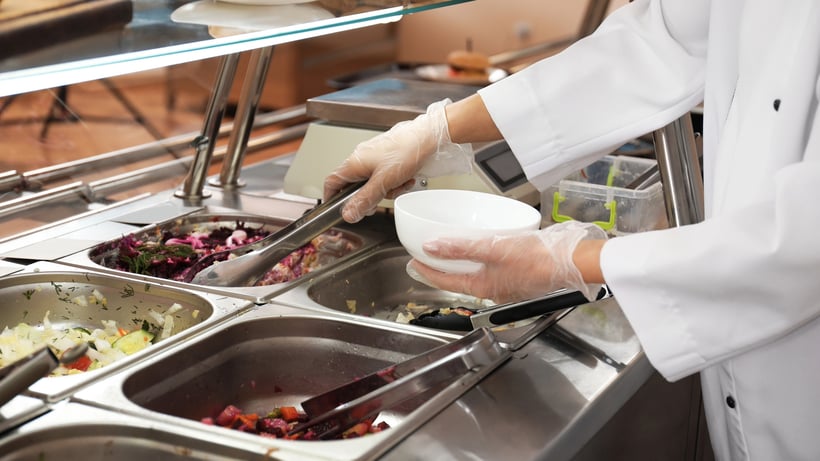
As the December 8 deadline for compliance with FSANZ Standard 3.2.2A looms, businesses in New South Wales (NSW) are ramping up their efforts to ensure staff are trained in accordance with the new food safety standards.
Supermarkets, greengrocers, delis, coffee vendors, school canteens, childcare facilities and correctional centres all have less than one month left to align their operations with this mandatory regulation.
Standard 3.2.2A: An Overview
The Australia New Zealand Food Standards Code introduced Food Safety Standard 3.2.2A as part of a broader effort to enhance food safety practices. This standard specifically targets businesses that handle, prepare or sell food, requiring them to implement rigorous food safety training, appoint a qualified Food Safety Supervisor and maintain robust record-keeping practices.
Failure to comply with these standards could lead to fines, forced closures and reputational harm, as the NSW Food Authority regularly audits food businesses and publishes violations on its public “name and shame” list.
Five steps for compliance
For businesses racing against the clock, here is a quick guide to help you achieve compliance with Standard 3.2.2A:
1. Ensure all Food Handlers are adequately trained
Each employee involved in food handling must successfully complete food safety training that meets the requirements of Standard 3.2.2A. The Food Handler course provided by the Australian Institute of Food Safety (AIFS) aligns with Standard 3.2.2A requirements and ensures staff understand food safety fundamentals and can apply best practices to prevent contamination and food-borne illnesses.
2. Appoint a qualified Food Safety Supervisor
NSW requires at least one Food Safety Supervisor to be nominated per food business. This supervisor must hold a valid certification, issued within the past five years as part of a government-approved Food Safety Supervisor course. This ensures they have the skills and knowledge required to oversee the safe handling of food throughout their establishment. Having additional supervisors can help maintain coverage during staff absences.
3. Implement strong record-keeping practices
Businesses must be able to show adequate food safety policies and procedures are being followed within the establishment. One method of doing this is maintaining clear, detailed records to document food safety protocols, from temperature logs to cleaning schedules. Effective record-keeping can demonstrate compliance in the event of an inspection and is crucial for ongoing safety monitoring.
4. Conduct a pre-compliance audit
Conducting an audit of current food safety practices allows businesses to identify any gaps. This is especially important as the deadline nears, giving businesses time to address any non-compliances before December 8.
5. Regular monitoring and review
Compliance isn’t a one-time event. Regularly review and update your Food Safety Plan, ensuring that all staff remain aware of protocols and that your food handling practices align with evolving standards.
Reasons to ensure compliance
Non-compliance with Standard 3.2.2A can have serious consequences for your business. In New South Wales, the most severe violations may result in substantial fines and even forced closures.
The NSW Food Authority has the authority to conduct unscheduled inspections to verify Food Safety Supervisor certifications and investigate other instances of non-compliance, such as improper storage or temperature control practices.
Additionally, the NSW Food Authority maintains a ‘name and shame’ list on its public website to deter businesses from breaching Standard 3.2.2A guidelines.
However, fulfilling the requirements of Standard 3.2.2A is about more than just legal compliance; it’s about safeguarding public health. With consumer trust on the line, businesses that comply with these regulations not only avoid penalties but also protect their reputation by showing a commitment to food safety.
Time to take action
With less than two weeks to go until the compliance deadline, now is the time to take action. Enrol your staff in the required food safety training course, appoint a qualified Food Safety Supervisor and ensure your record-keeping systems are in place. Compliance with Standard 3.2.2A is a crucial step for NSW food businesses – don’t wait until it’s too late.
The Australian Institute of Food Safety is a Registered Training Organisation (RTO) authorised to deliver Food Safety Supervisor and Food Handler training in NSW
Enrol today or get in touch with the AIFS team to discover how Standard 3.2.2A impacts your business responsibilities.




